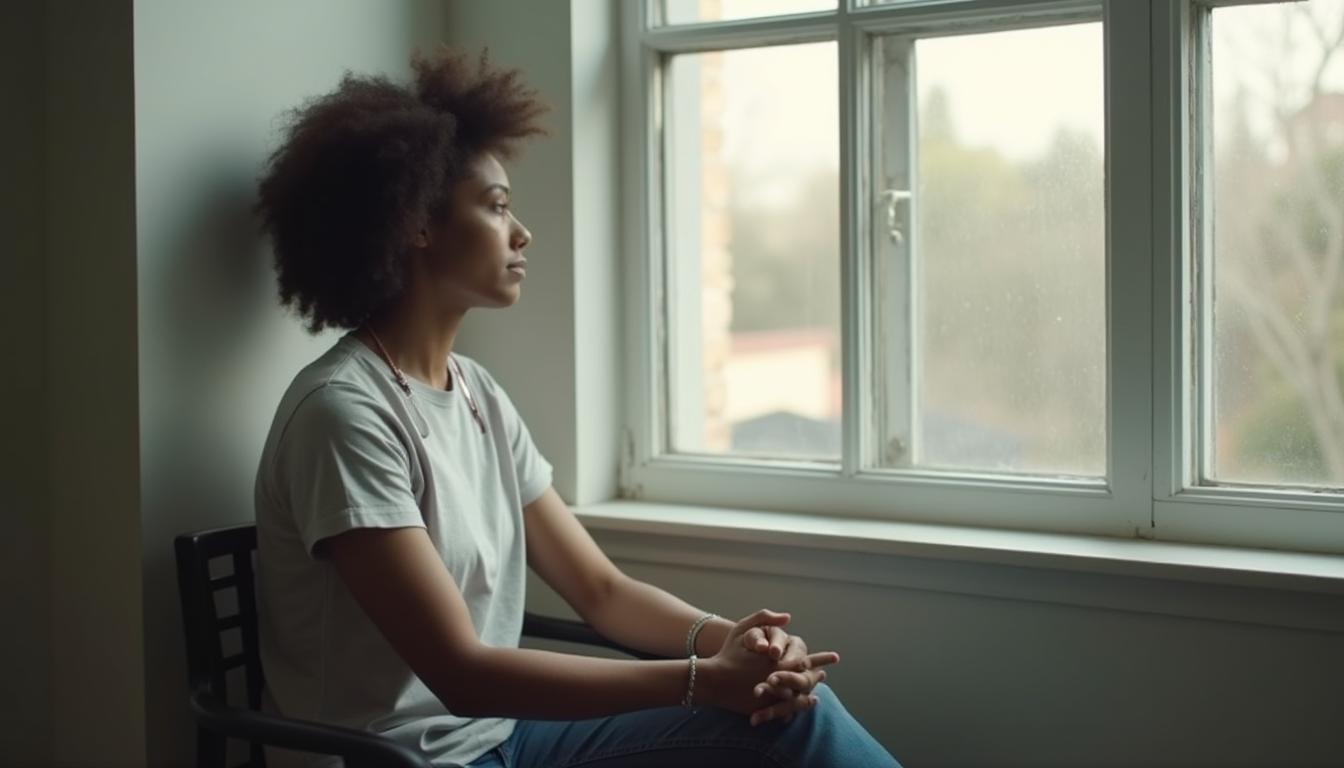Welcome to the Research and Strategy Services at in today's fast-paced.


Although I'm only 11 years old, I've been playing golf competitively for over 6 years. This has been in a way that focuses on the mental side of the sport. Here I'd like to cover what I've learned through sports psychology and using neurotechnology, and that golf is 90% mental. It's possible to train and practice in these areas for better sports performance.

I've been playing since the age of three since my dad got me some golf clubs, so I’ve practicing since I was practically in diapers! My first entry into a golf swing competition was at 4 years old where I came second based on technique analysis for the best Peewee Golf Swing of the world judged by Jack Nicolaus. Then just before 9 years old I entered a team and started to play competitive matches on my home golf course, which was followed by playing for club teams.
My first major success was at six years old when I won the junior African challenge, which was an international event I played. Luckily it was when it was hosted in my home country South Africa for the first time, and I went on to win three years in a row.
I would say that even early on I had a mindset difference to the other players, which I think my father’s mentoring helped to develop at a young age thanks to him learning sports psychology. There is a surprising amount of pressure on the golf course, and so if your mind is not strong, it becomes very difficult to focus and develop as a player.
Sometimes you win, or you sometimes lose and it’s of your control. However, you can still control your emotions like anger or disappointment. There's always bigger tournaments and bigger things in life to look to, so refocusing perspective is all part of the game.

For me this also includes balancing golf with school life, for example I don’t play when I have exams, and if I get a big win and my classmates get super hyped I know I need to manage my emotions in terms of the overall picture.

Initially my dad found and introduced me to NeuroTracker in 2020, and I was like ‘okay?’ But then we set it up on our TV. When I tried it I got really interested in the challenge of it when the speed went up high. Which I thought was cool.
Off-the-bat it got me aware of how my brain performs and curious where it could go. I started using NeuroTracker as part of my daily training before my golf practice sessions. It was different to my other training as it was more like a video game, yet I saw how useful it could be for my golfing and academics, and I found that fun. It got me focused quickly like a pre warm-up for your brain, I used it before a golfing tournament and before exams.
In terms of the training effects I first noticed an increased awareness of my surroundings when playing. Then I saw that I could target holes on the course with more precision, and that I started to rarely ever miss landing the ball on the greens. Course management became easier as my focus was on the task and limited distractions.
I also noticed short term benefits of getting into a game mindset, so I started to use it to get my mind focused before a game. Or to help me refocus if I felt like my head wasn’t in a game situation, as I know it’s so important to be fully alert when the time comes to perform. This also helped me to cope with mental pressure during my competition.
The other thing is the confidence boost from realizing how much you can improve with training - the speeds I can track at now are pretty much twice as fast as the maximum I could do when I started out.
As you get older obviously the number of competitors and their level of play increases so you have to continually step up your game, and overall I think NeuroTracker helped tremendously with my golf development and at school.

In terms of tournaments since training with NeuroTracker I won provincial, and national titles. I also qualified to play at the world championships in Ireland, and won the Junior African Championships u7s, u9s and u10s for three years in a row.
From personal experience, psychology and mental training have convinced me that golf performance is 90% mental, and I can see that being the case with other sports as well. For instance in tennis, you can't lose your visual focus for a split second or you miss the ball, the same for baseball.
Focus is so important and it’s all about the brain. So actually I recommend NeuroTracker for any young athletes to help develop their mind as well as their body. It is super fun and interesting. NeuroTracker gets you focused without you even realizing it.






Welcome to the Research and Strategy Services at in today's fast-paced.

Learn about Marc Van Loken's growing mission for brain health advocacy with Marvalous Health.

Understand the unique challenges of gifted ADHD kids and strategies to help them find balance.

Learn about two pioneering centers led by Dr. Kakavas that integrate neuroscience, biomechanics, and elite rehabilitation methods.
.png)